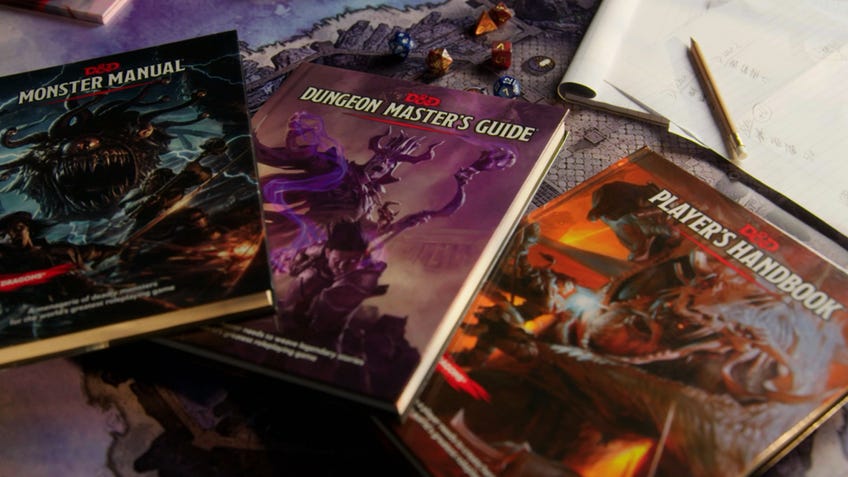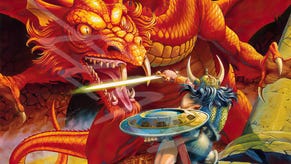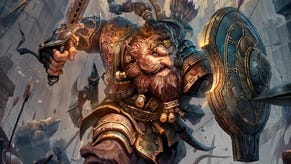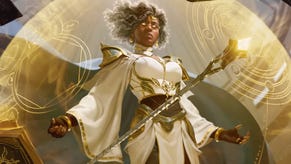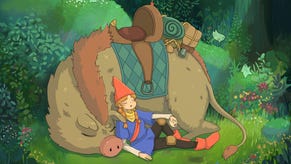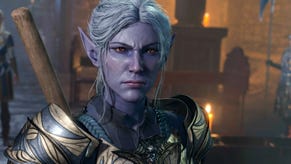Dungeons & Dragons’ successor to 5E is the ambitious, evolving One D&D - and you can play it today
Playtest materials offer preview of revised character creation options and new Ardling race ahead of full 2024 release.
Dungeons & Dragons’ next edition has been revealed… and it’s not a new edition at all.
During its Wizards Presents livestream, D&D maker Wizards of the Coast finally revealed its long-awaited successor to D&D 5E as a project codenamed ‘One D&D’, an ambitious overhaul to the core rules of the almost 50-year-old RPG that combines with digital platform D&D Beyond and a brand new virtual tabletop that will allow players to play online in 3D environments.
Central to what Wizards called its “evolution” of Dungeons & Dragons is a major revision to the rules of D&D 5E, which will culminate in the release of three new core rulebooks in 2024: the Player’s Handbook, Dungeon Master’s Guide and Monster Manual.
Rather than explicitly calling the update to the almost decade-old 5E ruleset a brand new ‘Sixth Edition’ or similar, D&D’s game design architect Chris Perkins said: “We are no longer in the position where we think of D&D as an edition. It’s just D&D.”
Perkins and lead rules designer Jeremy Crawford insisted that nothing was being removed from 5E in the new ruleset. Instead, the stated aim is to build on and refine the existing core rules in order to maintain “the game you know, but reflect where the game is presently”. As a result, the new D&D ruleset will be fully compatible with every adventure and supplement released for D&D 5E over the last 10 years, Wizards confirmed.
Crawford said that the development team had deconstructed 5E’s existing rules before rebuilding them in response to player feedback and information gained via playtests over the last decade, “look[ing] for ways to preserve the things that people love best, while also bringing in new options [and] enhancements to gameplay”.
Among the changes implemented in the revised ruleset are more concrete ways of granting inspiration - which provides advantage on a die roll - to players as directed by abilities, rather than relying on the whim of the DM. Among the new ways to gain the boon is by rolling a natural 20, which provides a guaranteed success and inspiration. Players who already have inspiration can now pass additional inspiration they gain onto a party member, while human characters will gain inspiration on waking from a long rest.
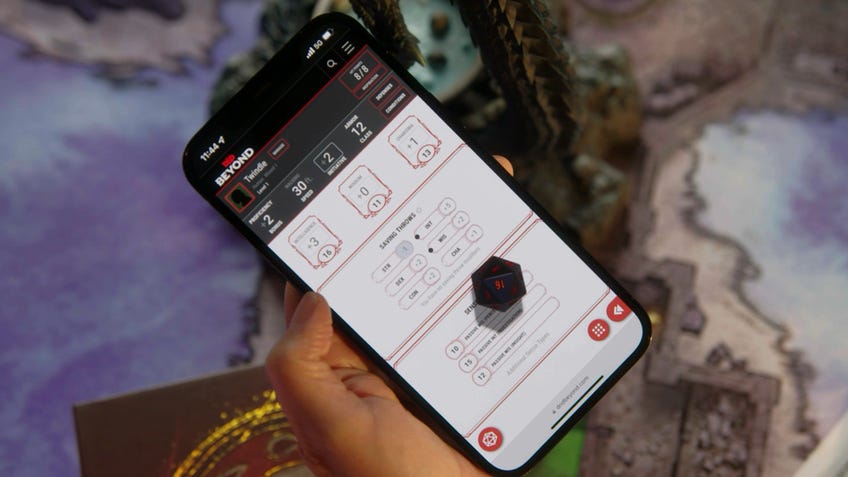
Other notable changes affect character creation, with character backgrounds playing a much greater role. The changes made to ability score bonuses in 2020 book Tasha’s Cauldron of Everything - a fix to the problematic association of negative modifiers with specific races - will be absorbed into D&D’s core rules, detaching +1 and +2 ability scores from a character’s race. Similarly, expanded size options introduced in Monsters of the Multiverse - allowing players to create small or medium characters for certain races - will become the new default in the Player’s Handbook.
Instead of being attached to a character’s race, ability score modifiers will be part of an expanded character background, which defines a character’s starting feats, spells, skill and tool proficiencies, equipment and languages. Crawford said that readymade backgrounds would be provided in the rules - giving the examples of an acolyte, guard, healer and musician - but that the focus would be on encouraging players to create their own unique backgrounds to reflect their character’s backstory before they became an adventurer.
Players will be able to select from a number of “legacy” options when making a character, providing a template for their character’s backstory and innate abilities. An example provided was for tieflings, which can now have an Infernal - equivalent to 5E’s tiefling - Abyssal or Chthonic legacy, each with distinct traits.
Joining the tiefling in the new Player’s Handbook will be orcs - which will become a core D&D race for the first time - and a brand new playable character race, the Ardling. Described as the “Upper Planes cousin” to the lower-realm tieflings, ardlings are celestial beings with animal heads. While the ardling’s Exalted, Heavenly and Idyllic legacies influence their magical abilities and animal appearance, from bears to eagles, Crawford confirmed that the rules will let players play an animal-person of any appearance.
Adding to the flexibility of character creation are changes to feats and spells, which are now less reliant on specific character classes. Feats will have multiple levels, like class features, but won’t be tied to any particular class. Replacing class spells specific to classes such as the cleric are three spell lists - Arcane, Divine and Primal - that will be shared between multiple classes.
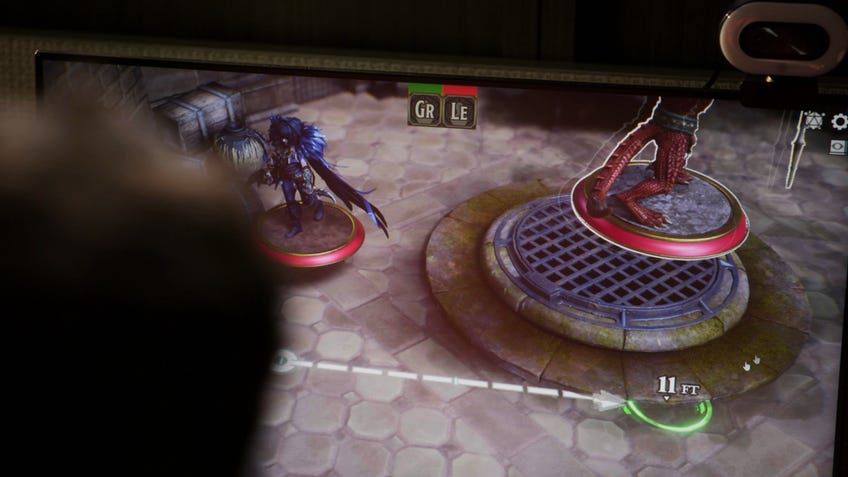
Ahead of the new core rulebooks’ release in 2024, a playtest version of the revised ruleset is available now via the D&D Beyond site. The Character Origins release includes updated character creation options, tiefling and ardling legacies, and other revised rules. Like the planned full release, the playtest materials are fully compatible with existing 5E books.
Crawford stressed that the content seen in the playtest shouldn’t be considered final, adding that subsequent Unearthed Arcana materials previewing the in-development rules would be released “roughly monthly” for “some time” - until at least the end of 2023: “Everything shown has a ‘for your consideration’ sign.”
